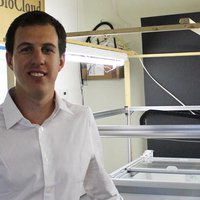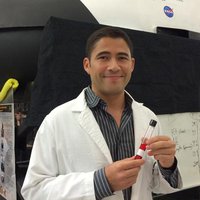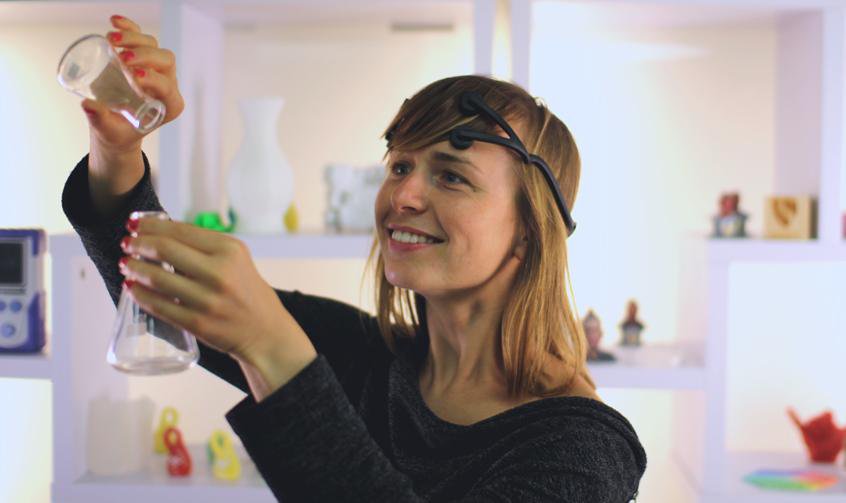"Each year 498 million people between the ages of 15 and 49 are infected by chlamydia, gonorrhea, syphilis or trichomoniasis, four of the most common sexually transmitted diseases worldwide. Often the emotional impact of these diseases, the shame involved in doctor´s visit or the absence of symptoms in the early stages of these pathologies lead patients to neglect to seek and receive treatment. This failure to treat sexually transmitted diseases can have a variety of consequences, ranging from discomfort to infertility, cervical cancer or even death.
To equip women with a non-invasive tool to help monitor their health, the young, Polish innovator Kamila Staryga kicked off the Besense project in 2014. Along with several colleagues she has developed a smart pad that detects biomarkers contained in menstrual fluid through a version of an ELISA test. The young innovator explains that this type of blood “contains relevant information pertaining to a woman´s state of health”. “Menstrual fluid consists of venous blood, endometrial and vaginal fluids and contains more than 1,300 proteins related to venous blood”, she adds.
The current prototype is capable of detecting gynecological infections caused by Chlamydia, the bacterial cause of chlamydia. Nevertheless, Besense highlights that the test can be used to detect any virus or bacteria responsible for any sexually transmitted disease.
The ELISA test is performed within a microfluidic chip located in the bottom layer of a standard, commercial pad. Once the antibodies bind with the antigens present in the menstrual fluid, this frees electrons which trigger a change in the analogic signal. This change is registered by the device, and converted by the chip into a digital signal which is then sent to the cloud via radiofrequencies.
Besense´s idea is that women can use one of these smart pads once a month; the current cost of the prototype is around 12 euros. This would allow her to perform a monthly analysis whose results can be checked confidentially via smartphone. This practice would use the woman´s data to generate a medical history which could be shared with a gynecologist to aid in medical decision making.
For now, Staryga has only tested her smart pad in the lab, and time constraints have prevented her from performing clinical trials, but she indicates that “this will be the next step in advancing the project, along with threshold testing for false positives”.
Staryga´s project dates back to her time at Singularity University (USA) and was launched in collaboration with some of her classmates from the class of 2014. Since February, 2014, Staryga has formed part of the Google ATAP team that recently developed and launched Project Soli, and she also works as a volunteer at the Stanford Hospital in the U.S.
According to Robert Cysewski, founder and executive director at R&D Farm and jury member for MIT Technology Review´s Innovators Under 35 Poland awards, Staryga´s work is “fantastic and brilliant”, and “it will definitely drive positive changes in the lives of women worldwide”."




